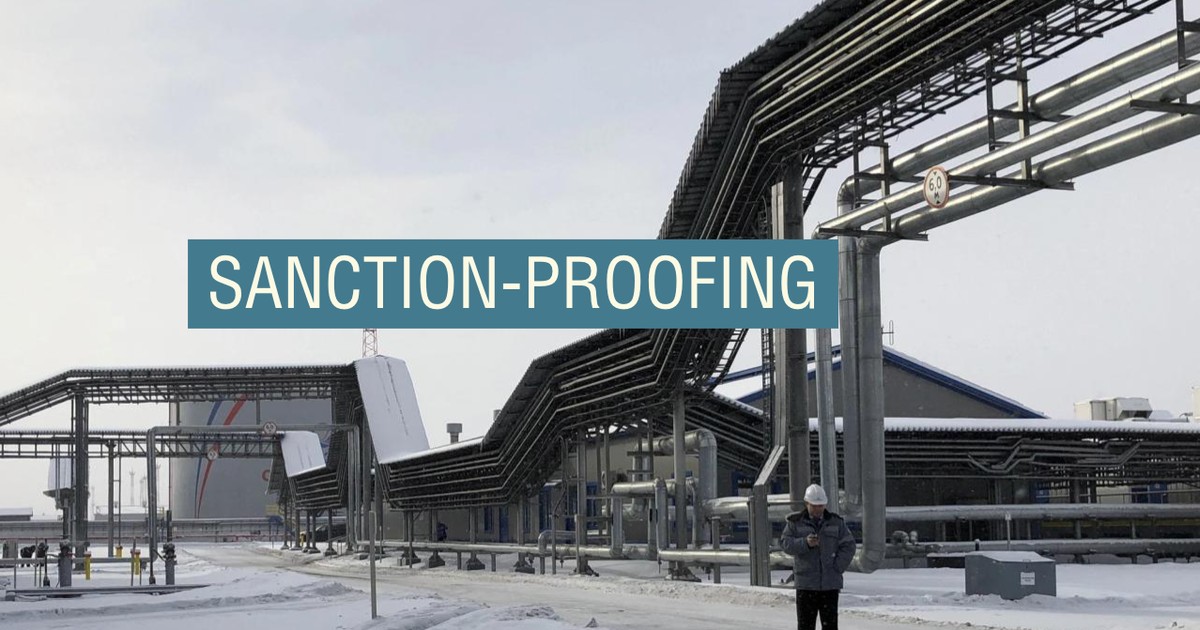Russia’s recent battlefield gains and escalating air attacks on Kyiv are proof that existing sanctions on its energy sector aren’t working well enough to undermine the Kremlin’s war machine. Moscow earns about half as much from fossil fuel exports as it did before the full-scale invasion, but has found eager customers in India and China for discounted crude and has partially made up its export deficit by borrowing from other sectors of its economy; it’s clear that President Vladimir Putin is willing to spend the country’s last ruble to keep the war going.
Biden, Adeyemo said, was hamstrung at the beginning of the full-scale war by high oil prices — which then topped $100 per barrel, compared with about $70 today — out of fear that blocking Russian supplies from the global market would not only spike US energy prices, but counterintuitively enable Russia to earn much more per barrel and ultimately come out ahead. But the global energy market is different now than in 2022: Between record US drilling, rising OPEC quotas, and an overall plateauing of global oil demand, it’s now possible to impose harsher penalties on Russia’s energy sector without making the West bear the cost. The EU, at least, recognizes that, and last week adopted a lower price cap. Trump hasn’t followed suit yet, but Energy Secretary Chris Wright acknowledged this week that today’s oil market dynamics allow the US “to do things that we couldn’t do before.”
The trouble is, no matter how much the US drills, oil and gas are still global markets, and there’s no way to completely insulate US consumers from the effect of sanctions on such a major producer as Russia. The secondary tariff plan proposed by Sen. Lindsay Graham (R-S.C.) could easily push oil prices back above $100 per barrel, and US gasoline above $4 per gallon, analyst Clayton Seigle of the Center for Strategic and International Studies warned this week, which would be “certainly a showstopper for President Trump as it was for Biden.”
The best long-term way out of this dilemma is the energy transition, Adeyemo said. The less the US relies on fossil fuels, he said, the more it can apply economic pressure on petrostates in the service of its national security objectives without damaging its economy.
“The Russia-Ukraine experience made it very clear to me that we need a more diversified energy base in the United States,” he said.
Still, Adeyemo said, no amount of sanctions can end the war. In addition to conventional diplomacy and maintaining military aid for Ukraine, he said, more work is needed by the Trump administration to crack down on Russia’s “shadow fleet” of sanction-dodging oil tankers, and, outside the energy sector, to track and restrict China’s exports of specialized electronics used by Russia in the manufacturing of drones and weapons.
“Sanctions may contribute to them coming to the negotiating table,” he said, “but it’s going to take an overarching foreign policy strategy that includes diplomacy and a number of other tools in order to end this war.”
